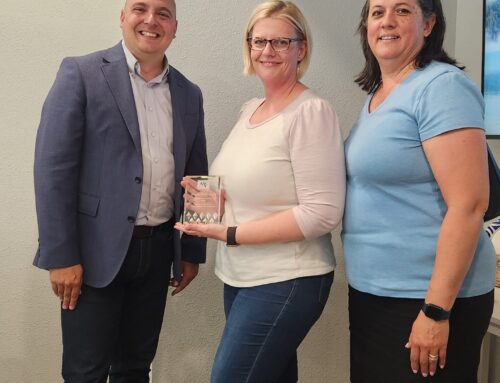Legislative Update – 6/14/19
- Pregnancy Accommodations – HB 2593
This bill regarding the expression of milk in the workplace was signed into law. It expands and amends ORS 653.077, Oregon’s current lactation in the workplace law. ORS 653.077 requires employers with 25 or more employees to provide nursing mothers with a 30-minute unpaid rest period to express mill for each 4 hours worked, or the major part of a four-hour work period. HB 2593 amends the length of these lactation breaks and what employers are covered under this law.
These new changes require all employers, regardless of size, to provide nursing mothers with “a reasonable rest period to express milk each time the employee has a need to express milk.” The verbiage allows nursing mothers to take unpaid lactation breaks “as needed.” While these rest breaks are unpaid, there is an exception if a nonexempt employee takes their lactation break during a paid rest period. It applies to all Oregon employers, and there is an undue hardship exception for employers with 10 or fewer employees.
This continues to allow nursing mothers to take lactation breaks up until the employee’s child is eighteen months old. Additionally, an employer still needs to make “reasonable” efforts to provide a private location that is in close proximity to employee’s workspace to express milk and the location cannot be a public restroom or a toilet stall.
HB 2593 will likely take effect on October 1, 2019.
- Unlawful Employment Discrimination – SB 726
Four weeks after HB 2395 was signed into law, SB 726, which is a bill that expands what constitutes unlawful employment discrimination, was also signed into law. This law amends and adds to ORS 659A.030, ORS 659A.082, and ORS 659A.112, which are Oregon’s current discrimination in employment statutes.
Effective October 1, 2020, under Senate Bill 726, it will be considered an unlawful employment practice for an employer to enter into an agreement, such as a nondisclosure, which would prevent an employee fro, disclosing conduct that constitutes unlawful discrimination, including sexual assault. Additionally, employers will need to update employee handbooks to include a policy that contains specific procedures and practices to prevent unlawful employment discrimination.
The current statute of limitations for filing an employment discrimination complaint either civilly or through the Bureau of Labor and Industries (BOLI) is one year, SB 726 extends the statute of limitations for those claims to five years after the occurrence of the illegal employment conduct. The new five-year statute of limitations section of the SB 726 will apply to unlawful employment conduct that occurs on or after the effective date of the law, which will likely be October 1, 2019.
Here are the last few important bills being considered in Salem:
– Cap & Trade – HB 2020
This bill just moved out of the Ways and Means Committee and will be on the House floor for deliberation and discussion early next week. There was talk of amendments being made to help businesses transition better into this enforcement, in which they were still being discussed (-102, -117 amendments).
– Paid Family leave – HB 2005
Not a whole lot has changed with this bill. Still looking at 12 weeks of paid and protected family leave. There would be a 1% cap on the funds coming from employers and employees – this would be shared through the following: 60% employee income and 40% of employer payroll (the 60/40 would be .6 of 1% and .4 of 1%).
– Commercial Activity Tax – HB 3427
Legislators are still focused on this tax bill, with the mindset of making some technical fixes to the bill. While this bill has already passed, and been signed by the Governor, there are proposed changes and ‘technical fixes’ to the bill to make it function better. These are coming in the form of House Bill 2164. There are different components that are being taken out and added into the bill to make it more suitable to last.
These are the three main business bills left that are still in legislation. We will update you with more information on these as it becomes available. Sub-Committees are largely shut down, and everything will be coming from main committees and the floors of the House and Senate. Legislators are still aiming for a June 21st adjournment.




